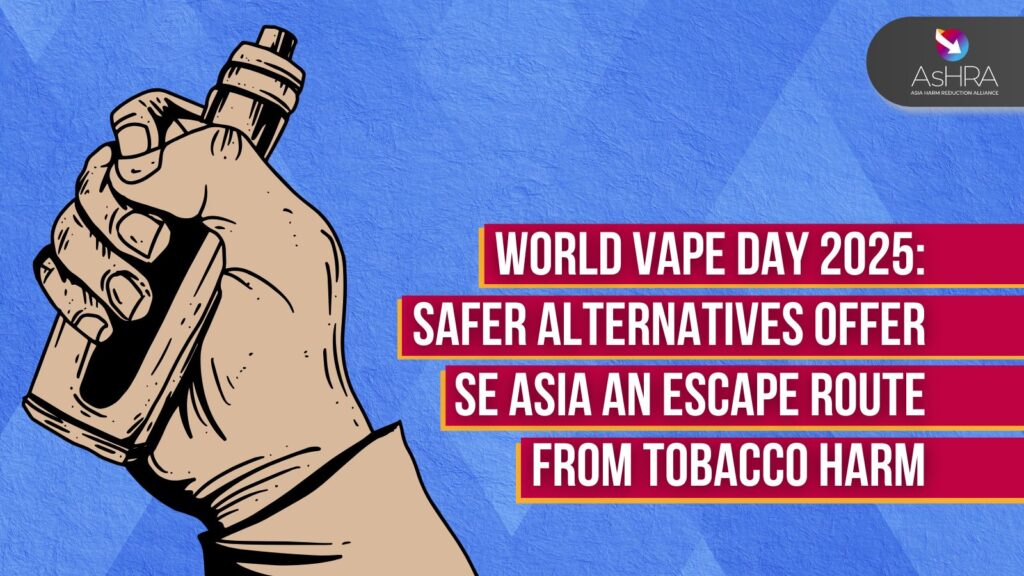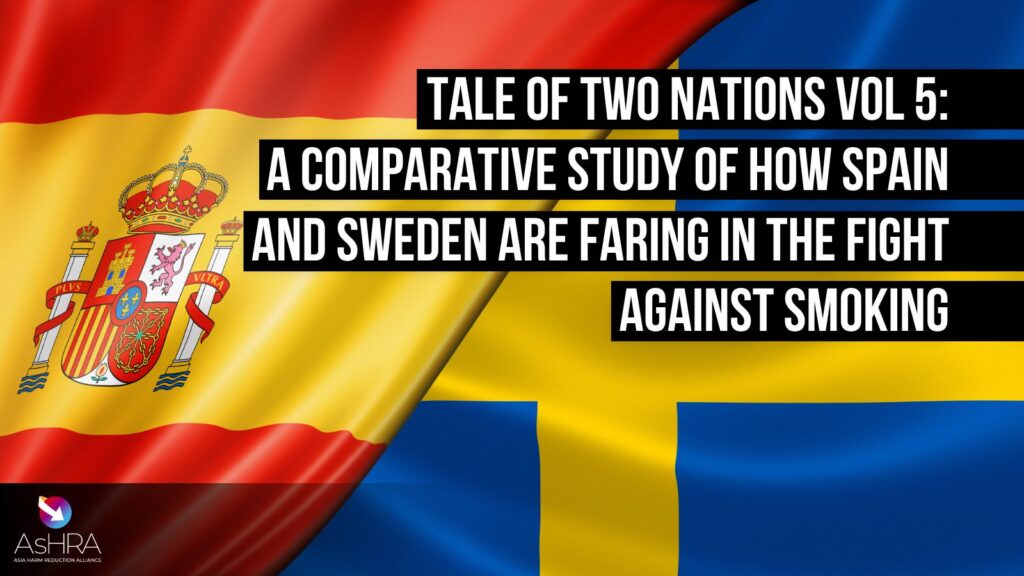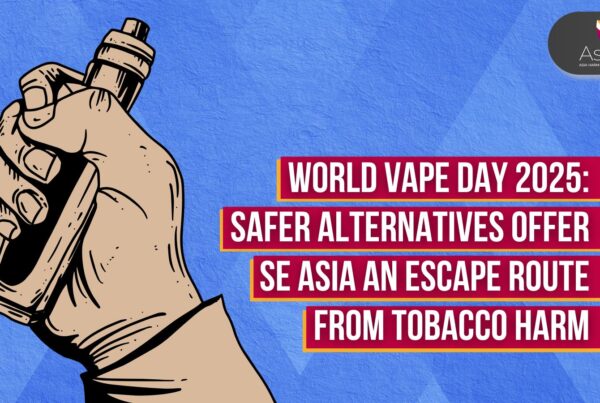“The health of Whānau is not for sale in Aotearoa, yet worryingly, perhaps we’ve seen the first evidence that it could be,” says Nancy Loucas, Executive Coordinator of CAPHRA (Coalition of Asia Pacific Tobacco Harm Reduction Advocates).
Her comments follow international drug companies disclosing their gifts and payments to New Zealand health professionals – something Medicines New Zealand has promised would happen for seven years. The total in its first release of data is nearly half a million dollars worth.
Two key leaders in the Asthma and Respiratory Foundation of New Zealand (ARFNZ ) and the Royal New Zealand College of General Practitioners (RNZCGP) are listed as receiving funds from Big Pharma.
Ms. Loucas: “Both of these organisations are vehemently anti-vape and anti-Tobacco Harm Reduction (THR). Is this latest disclosure of Big Pharma funds and gifts a clue or a coincidence?”
ARFNZ’s public scaremongering about vaping is well-established.
“Not one Kiwi has reportedly died from vaping, yet 5,000 die every year from smoking-related illnesses. Despite this, the ARFNZ continues to obsess about the most effective smoking cessation tool we have. Its ongoing anti-vape campaign has not helped one Kiwi to quit tobacco, nor will it help New Zealand achieve Smokefree Aotearoa 2025,” she says.
Likewise, RNZCGP continues to push an anti-vape agenda. Its latest call is for vapes to be restricted to pharmacies or available through Quitline, like nicotine patches.
“ARFNZ and RNZCGP should focus on ending the tobacco scourge that continues to wreck families and communities. Instead, they waste a lot of money, time and energy on trying to relitigate the country’s vaping legislation which Parliament well scrutinised, debated and passed in 2020,” says Ms. Loucas.
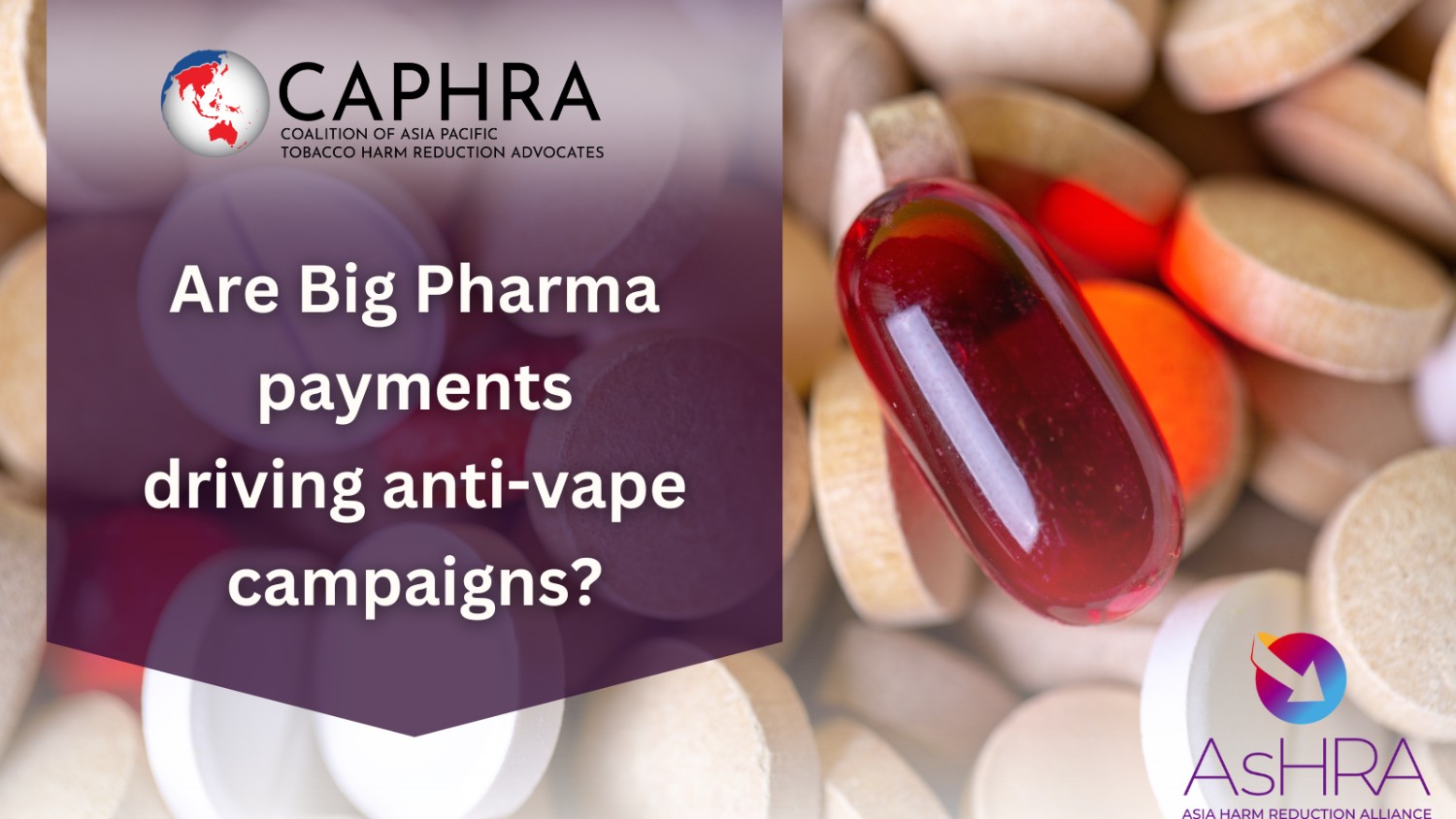
CAPHRA says every time these organisations publicly campaign against vaping, not smoking, it only puts smokers off switching to the most viable alternative.
It says New Zealand’s overall smoking rate has halved over the past decade largely due to vaping and its regulation, with Public Health England resolute that nicotine vaping is 95% less harmful than smoking combustible tobacco.
“The approach taken and narrative promoted by ARFNZ and RNZCGP runs completely against that of the Minister of Health, Health Promotion Agency, Vaping Regulatory Authority, and Ministry of Health. The New Zealand Government and its agencies actively promote vaping as an effective smoking cessation tool and a key component of Smokefree 2025.
“One has to wonder who’s loading the gun for these well-funded anti-vape proponents to then fire the bullets. We look forward to more transparency and information on Big Pharma funds and gifts coming into New Zealand. After all, sunlight is the best disinfectant,” says Nancy Loucas.
In 2010, The Physician Payments Sunshine Act in the United States aimed to shine a light on pharma influence, with countries worldwide in recent years setting up schemes to disclose drug company freebies and payments to health professionals.
Related Posts
 Time to support Filipino vape law, not relitigate it
Time to support Filipino vape law, not relitigate it
Time to support Filipino vape law, not relitigate it
 Greens’ Plan To Legalise Nicotine Vapes Lauded
Greens’ Plan To Legalise Nicotine Vapes Lauded
Greens’ Plan To Legalise Nicotine Vapes Lauded
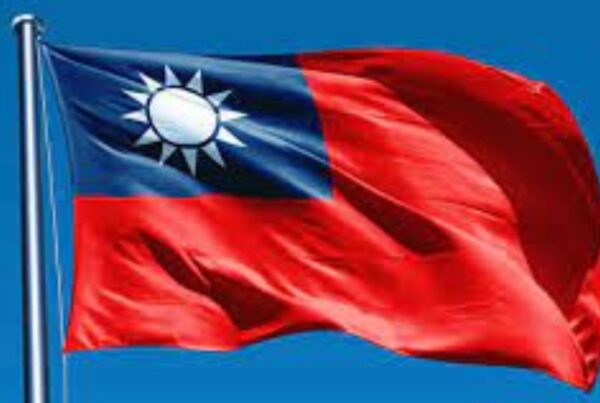 Taiwan Vaping Ban Disappointing For Its Many Smokers
Taiwan Vaping Ban Disappointing For Its Many Smokers
Taiwan Vaping Ban Disappointing For Its Many Smokers
More about
Alcohol Harm Reduction
More about



